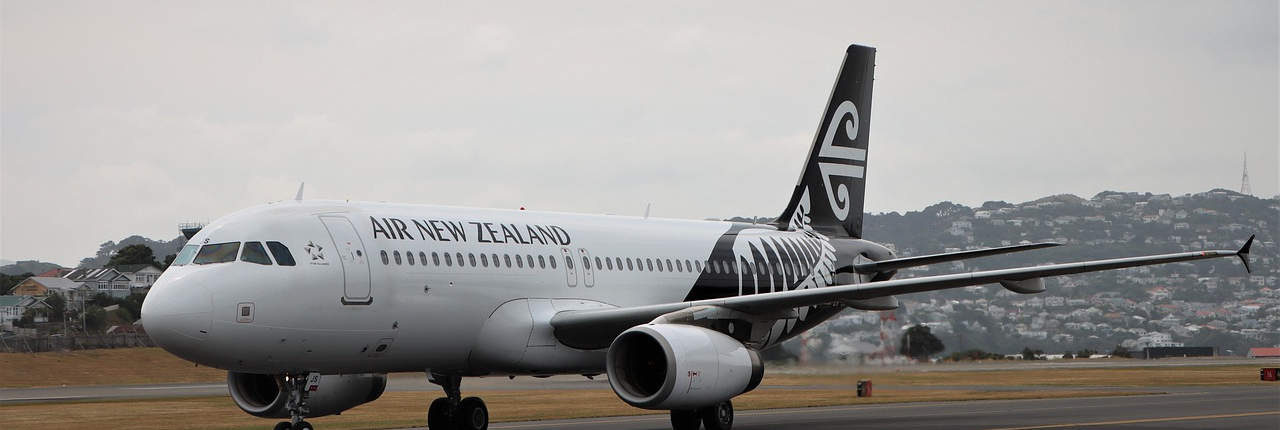The New Zealand government recently announced new changes to the conditions for entry into New Zealand. Whilst the immigration instructions to give effect to these changes have yet to be approved, the following are expected to come into effect in early October 2020:
- New border exception category for normally-resident temporary work visa holders
- Extension of travel conditions for offshore resident visa holders
- Changes to border exception criteria for Australian and visa waiver partners of New Zealand citizens and residents
New border exception category for normally-resident temporary work visa holders
Currently, several temporary work visa holders are overseas and are unable to return to New Zealand as they do not meet the border entry criteria. However, it is expected that from October 2020 onwards, a change will come in place to allow temporary work visa holder with strong ongoing connection to New Zealand to return. The individual must:
- have been living in New Zealand for at least two years (or one year in some specific cases), and
- Returning to the same job they held before departing New Zealand, or continue to operate a business in New Zealand as part of entrepreneur work visa, and
- have departed New Zealand on or after 1 December 2019, and
- have held either:
- a Work to Residence visa, or
- an Essential Skills visa (assessed as mid-skilled or higher-skilled) when they departed New Zealand and does not expire before the end of 2020 or, if it is expiring before end of 2020, they must have applied for a further visa on the basis of the same job when they left that allows them to remain in New Zealand for 12 months or more before 10 August 2020
If you are granted this exemption, you will be required to spend 14 days in quarantine upon returning to New Zealand.
Extension of travel conditions for offshore resident visa holders
Applicants with a travel condition about to expire will receive a 12-month extension to travel to New Zealand. Similarly, applicants whose travel conditions expired on or after 2 February 2020 will be issued a new visa valid for 12 months.
New Zealand government is making this change to allow approximately 5600 resident visa holders who, due to border restrictions, are unable to travel or return to NZ within the relevant time-frame. However, it is crucial to bear in mind that only individuals who are exempt from the current border restrictions can travel back to NZ.
Changes to border exception criteria for Australian and visa waiver partners of New Zealand citizens and residents
The current border restrictions only allow partners and dependants of New Zealand citizens and residents to return to New Zealand if they are travelling with their New Zealand citizen or resident family member. For this reason, many Australian citizen partners are not able to meet the requirements for a border exemption.
However, the government has agreed to grant visas to Australian partners and partners from visa waiver countries to enter New Zealand. This change should come in effect in October.
Australian partners will be required to apply for a Critical Purpose Visitor visa. Upon arrival, Australian partners will generally be issued a resident visa on arrival. You will have to pay NZD $45 to submit a travel request. However, there will be no visa application fee.
Partners from visa waiver countries will also have to apply for the Critical Purpose Visitor visa. The fees include NZD $45 and the subsequent visa application fee.
If you are granted this exemption, you will be required to spend 14 days in quarantine upon returning to New Zealand.
Dependent children may also be included in the application.






Upcoming Immigration Changes 2026
New 4-Tier Invitation System for 189 Visa
Australian Immi App for Biometrics
Remote Work and Travel Now Clearer for 491, 494 and 489 Regional Visa Holders
New 186 TRT Rule Adversely Impacts Medical Practitioners’ PR Pathway